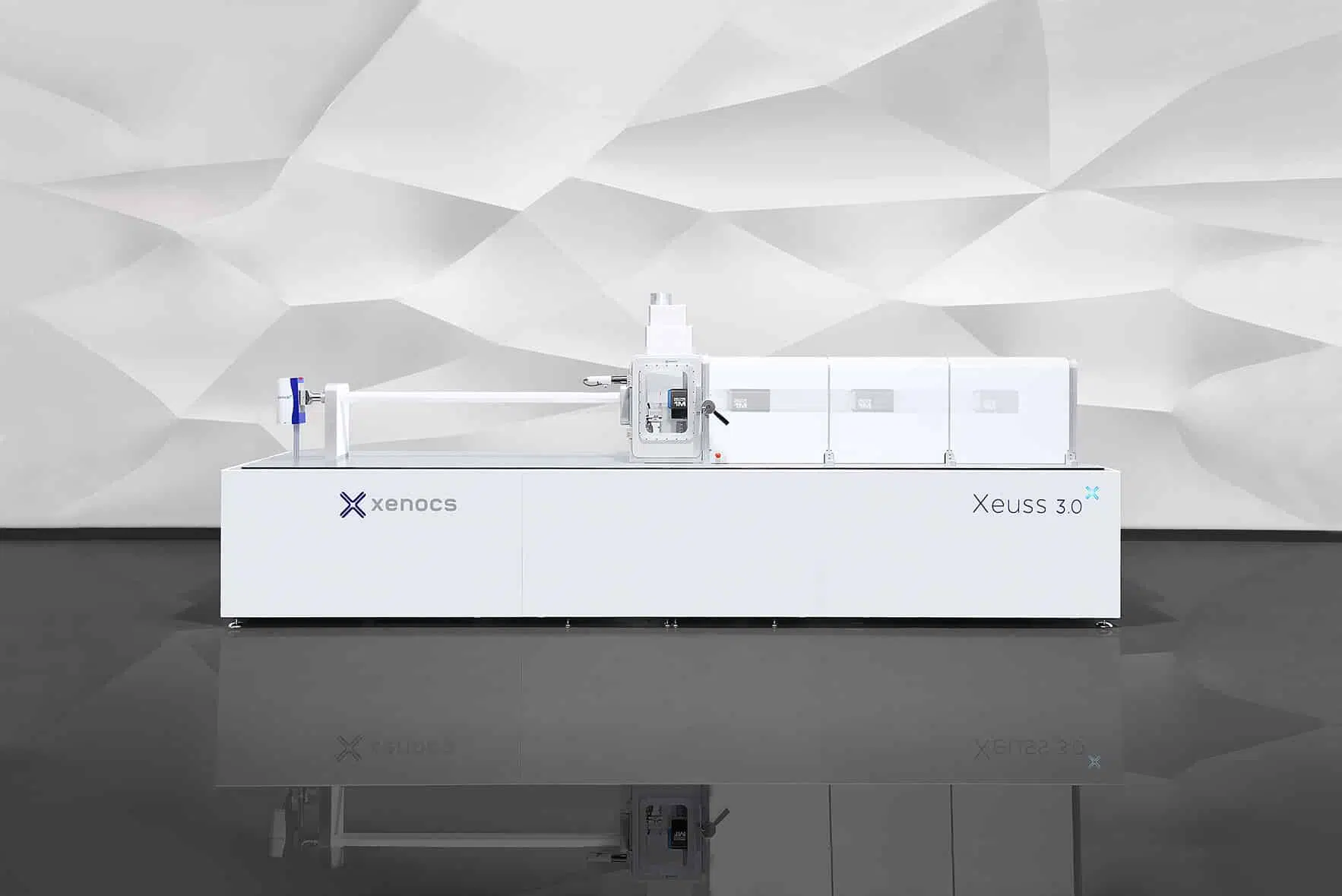Advanced Functional Materials, 2018, vol 28, 9, pp. 1705962
DOI:10.1002/adfm.201705962
Abstract
Transcatheter arterial embolization of aneurysm with metal microcoils is notoriously prone to recanalization arising from the low filling ratio due to their extreme rigidity. Smart hydrogel microcoils with tunable modulus may essentially significantly improve the therapeutic efficacy. Here, a radiopaque highly stiff body-temperature-triggered shape memory (SM) hydrogel is fabricated for the first time by introducing reversible hydrophobic dipole pairing microdomains in the flexibly crosslinked network, followed by BaSO4 precipitation. This radiopacification does not affect their mechanical performances as well as the SM effect. It is demonstrated that the mechanical properties of SM hydrogels are comparable to those of rubbers and can be modulated by adjusting temperature ranging from 20 to 40 °C. Benefiting from the thermoresponsive mechanical properties, the stiff radiopaque hydrogel strip can easily pass through a catheter under the protection of cool saline for delivery into pig’s renal artery, and spontaneously and rapidly transformed into a microcoil upon contacting blood. Real-time angiogram reveals that continuous delivery of several hydrogel microcoils can efficiently occlude the blood supply. The kidneys are atrophied considerably over three month postoperative follow-up, and no recanalization occurs throughout the experimental time. These novel hydrogel microcoils are promising to be developed as novel permanent embolic agents for treating aneurysm.


































